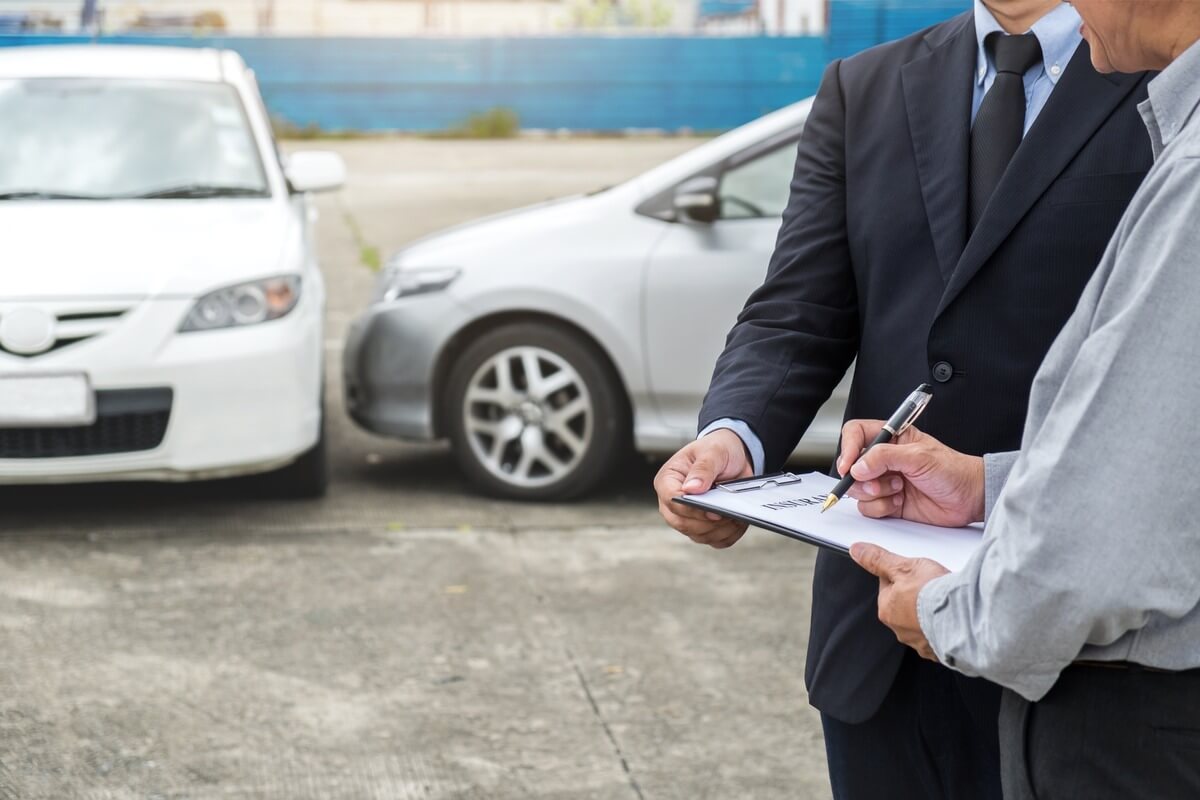
Partner at AKD Lawyers
Practice Areas: Personal Injury, Insurance Claims

After a car accident, it’s normal to feel confused about what to do next. One of the first questions that often comes up is whether to speak with the insurance company and what to say if you do. The decisions you make in these early moments can have a lasting effect on your ability to recover fair compensation for your damages.
If you were injured in a collision, a New Orleans car accident lawyer can help protect your rights and prevent you from saying something that might hurt your claim. But even before that, it helps to understand how insurance communication works and why being cautious is essential.
This guide explains how to communicate with insurance adjusters, what to avoid, and how Louisiana’s laws affect the process.
Understanding the Role of Insurance Companies
Insurance companies are businesses first. Their goal is to resolve claims efficiently while minimizing payouts. When you report an accident, the insurer launches an investigation to determine who was at fault and how much should be paid.
In Louisiana, fault plays a major role. The state follows the comparative fault rule (La. C.C. art. 2323), which means your compensation can be reduced if you’re found partially responsible for the accident. For example, if you were 20% at fault, your recovery could be reduced by that percentage.
Insurance adjusters collect evidence, review police reports, and may contact you for a recorded statement. While this seems routine, their questions often aim to gather details that might reduce your claim value.
What to Say – and What Not to Say to Insurance Adjusters
When an adjuster calls, keep your answers short and factual. Stick to the basic details: date, time, location, and vehicles involved. Avoid guessing, apologizing, or assigning blame.
Insurance representatives often sound friendly, but they’re trained to ask leading questions. Even casual comments like “I’m okay” can be used to suggest your injuries aren’t serious.
Avoid saying things like:
- “I didn’t see the other car.”
- “I might have been speeding a little.”
Such statements may later be used to shift fault. If you’re unsure how to respond, politely say you’ll provide details after reviewing your records or consulting your insurer.
Studies show early recorded statements often lead to lower settlements because adjusters rely on inconsistencies made in the first few days after an accident.

Common Mistakes Drivers Make After an Accident
Many claim disputes start with simple communication errors.
After an accident, drivers often:
- Give recorded statements too soon.
- Post about the accident or injuries on social media.
- Delay reporting to their insurer or fail to document injuries properly.
Each of these mistakes can make it harder to prove your claim. Miscommunication or missing evidence allows insurers to question liability or undervalue your damages.
According to the Insurance Research Council, nearly 30% of claim disputes arise from miscommunication during the first week after an accident.
How to Describe a Car Accident for Insurance Purposes
When describing a car accident to your insurer, clarity and accuracy matter most. Report what you saw, not what you think happened.
Start with the basics:
- Where and when the accident occurred
- Weather and traffic conditions
- What direction each vehicle was traveling
Avoid phrases like “I think” or “It was probably my fault.” Let the investigation determine who was responsible. Always keep your description consistent with the police report and medical documentation.
Accurate reporting helps prevent insurance companies from misinterpreting your statements. Keep notes and save all evidence, including photos, medical bills, and witness contact details.

Understanding Your Rights During the Claim Process
You have specific rights under Louisiana law during the insurance claim process.
These rights include:
- The right to decline a recorded statement to the other driver’s insurer
- The right to review and question settlement offers
- The right to have your claim handled promptly and fairly
Most insurance policies require that you report an accident within 24–48 hours. Failing to do so could delay or deny your claim.
| Step | Purpose |
What to Avoid |
| 1. Report the accident to your insurer | Start the claim process quickly | Waiting too long to notify your insurer |
| 2. Gather and store documentation | Build a complete record of events | Guessing or altering facts |
| 3. Respond to inquiries factually | Maintain claim accuracy | Speculating about injuries or fault |
| 4. Review settlement offers carefully | Ensure full coverage of your losses | Accepting early, low-value offers |
Always review the fine print before accepting any settlement. Once accepted, you may lose the right to seek additional compensation later.
FAQs
Do I have to talk to the other driver’s insurance company?
No. You can refuse and let your insurer handle communication instead.
What if I already admitted fault during a call?
Insurers still investigate independently. Clarify facts later if needed.
How soon should I report an accident to my insurer?
Most policies require notice within 24–48 hours after the collision.
Can social media posts affect my insurance claim?
Yes. Posts showing activity can be used to challenge your injury claims.
Why does the insurer want a recorded statement?
It helps them collect evidence but can also limit your payout if misused.
Conclusion
Dealing with insurance companies after a car accident requires patience, precision, and awareness of your rights. Knowing what to say, when to speak, and what details to avoid can prevent mistakes that could cost you compensation.
If you were injured in a collision in New Orleans or anywhere in Louisiana, guidance from an experienced professional can make a real difference. At Alvendia Kelly & Demarest, we help clients navigate the insurance process, review claim offers, and protect their financial recovery.
Reach out today to schedule your free consultation and learn how our team can support you through every step of your claim.
Categories

In 2003, after being dissatisfied with the quality of legal care for victims of car accidents, Roderick ‘Rico’ Alvendia sought to establish a new firm focused on providing high-quality legal services to aid injured victims and their families. J. Bart Kelly, sharing Rico’s passion for upholding justice, joined the firm later that year, and established a partnership.






